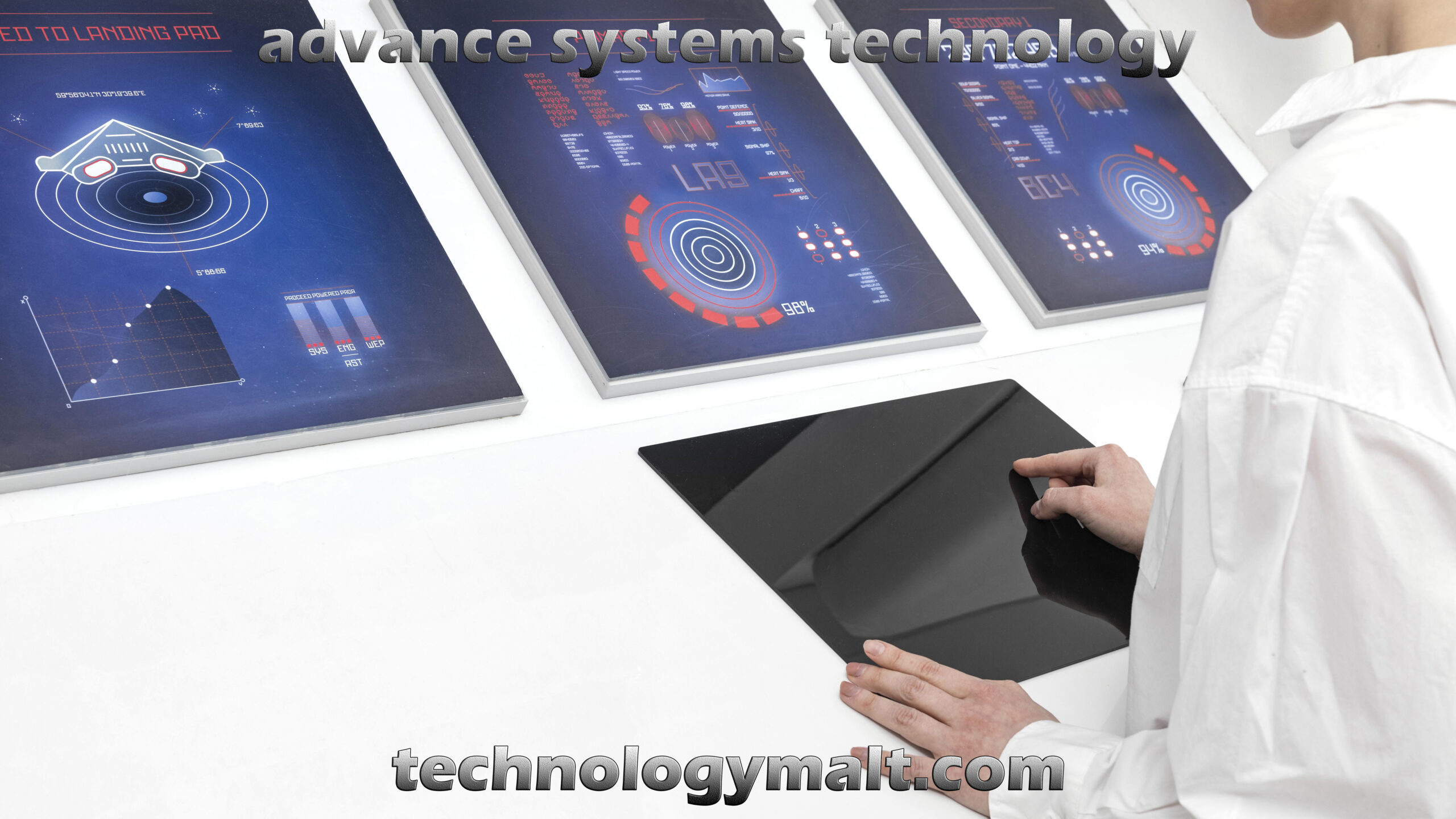Introduction
Advanced systems technology has emerged as a critical driver of innovation across various industries. By seamlessly integrating cutting-edge technology with traditional systems, companies can dramatically enhance efficiency, reduce costs, and significantly improve overall performance. This article will explore the key aspects of advance systems technology, its wide-ranging applications, substantial benefits, and promising future prospects in transforming modern industries.
Understanding Advanced Systems Technology
Definition and Core Components
Advanced systems technology refers to the integration of sophisticated software, hardware, and communication systems. This integration allows for automated processes, real-time data analysis, and enhanced decision-making. The core components of advanced systems technology include artificial intelligence (AI), machine learning, the Internet of Things (IoT), and advanced data analytics. By leveraging these components, industries can streamline operations and optimize resource utilization.
The Role of Artificial Intelligence
Artificial intelligence plays a crucial role in advanced systems technology. AI enables machines to learn from data, make predictions, and automate complex tasks. For example, companies can streamline operations and reduce human error by incorporating AI, which leads to increased productivity. Moreover, AI-powered systems continuously improve their performance, ensuring businesses stay competitive.
Importance of Machine Learning
Machine learning, a vital subset of AI, focuses on the development of algorithms that allow systems to learn and adapt over time. These machine learning algorithms analyze large datasets, identify patterns, and continuously improve system performance. This capability becomes essential for predictive maintenance, quality control, and customer behavior analysis. Consequently, businesses can make more informed decisions and anticipate future trends.
Applications of Advanced Systems Technology
Manufacturing Industry
In the manufacturing industry, advanced systems technology has revolutionized production processes. Automated systems, powered by AI and machine learning, constantly monitor and control production lines. As a result, these systems optimize resource usage, reduce downtime, and improve product quality, which leads to higher profitability. Furthermore, real-time data analysis allows manufacturers to make quick adjustments, enhancing operational efficiency.
Healthcare Sector
The healthcare sector has also benefited significantly from advanced systems technology. Medical devices equipped with IoT sensors collect real-time patient data, enabling personalized treatment plans. Additionally, AI-powered diagnostic tools assist doctors in making accurate diagnoses, thereby improving patient outcomes. Consequently, patients receive better care, and healthcare providers can offer more effective treatments.
Financial Services
Financial services have embraced advanced systems technology to enhance security and efficiency. AI-driven algorithms detect fraudulent transactions in real time, which significantly reduces financial losses. Additionally, advanced data analytics provides valuable insights into customer behavior, helping banks and financial institutions tailor their services. As a result, customers experience improved service, and institutions gain a competitive advantage.
Transportation and Logistics
Transportation and logistics industries rely on advanced systems technology to optimize operations. GPS-enabled tracking systems continuously monitor vehicle locations, ensuring timely deliveries. Furthermore, AI-powered route optimization algorithms reduce fuel consumption and improve delivery times, benefiting both companies and customers. Consequently, businesses in this sector can operate more efficiently and reduce costs.
Benefits of Advanced Systems Technology
Enhanced Efficiency and Productivity
Advanced systems technology significantly enhances efficiency by automating routine tasks and reducing manual intervention. As a result, this automation leads to higher productivity levels and allows employees to focus on more strategic activities. Moreover, streamlined operations result in faster turnaround times and improved output quality.
Cost Reduction
Implementing advanced systems technology can lead to substantial cost savings. Automated processes reduce labor costs, while predictive maintenance minimizes equipment downtime. Additionally, real-time data analysis helps companies make informed decisions, which reduces operational expenses. Consequently, businesses can allocate resources more effectively and increase profitability.
Improved Decision-Making
Advanced systems technology provides businesses with valuable insights through data analytics. By analyzing large datasets, companies can identify trends, predict future outcomes, and make data-driven decisions. This improved decision-making capability gives businesses a competitive edge in the market. As a result, companies can adapt more quickly to changing market conditions and capitalize on new opportunities.
Increased Customer Satisfaction
Customer satisfaction improves with the adoption of advance systems technology. AI-powered customer service chatbots provide instant support, resolving issues promptly. Moreover, personalized marketing strategies, driven by data analytics, ensure that customers receive relevant product recommendations. Consequently, businesses can foster stronger customer relationships and enhance brand loyalty.
Future Prospects of Advanced Systems Technology
Growth in Artificial Intelligence
The future of advanced systems technology will see continued growth in artificial intelligence. AI will become more sophisticated, enabling machines to perform increasingly complex tasks. This growth will drive further automation across various industries, enhancing efficiency and fostering innovation. Moreover, as AI technology advances, its applications will expand, leading to new opportunities for businesses.
Expansion of IoT Applications
The expansion of IoT applications will play a significant role in the future of advanced systems technology. IoT devices will become more interconnected, enabling seamless communication between systems. This interconnectivity will lead to more efficient processes and improved decision-making in real time. Consequently, businesses will be able to respond more quickly to market demands and improve operational agility.
Advancements in Data Analytics
Data analytics will continue to evolve, providing businesses with deeper insights into their operations. Advanced analytics tools will enable companies to process and analyze vast amounts of data quickly. As a result, businesses will stay ahead of the competition by identifying new opportunities and trends. Furthermore, data-driven decision-making will become increasingly important in ensuring long-term success.
Integration with Emerging Technologies
advance systems technology will increasingly integrate with emerging technologies such as blockchain and quantum computing. Blockchain will enhance data security and transparency, while quantum computing will revolutionize data processing speeds. These integrations will unlock new possibilities for innovation and growth. Consequently, businesses that adopt these technologies will gain a significant competitive advantage.
Conclusion
advance systems technology is transforming industries by seamlessly integrating AI, machine learning, IoT, and data analytics. Its applications in manufacturing, healthcare, financial services, and logistics are driving efficiency, reducing costs, and improving decision-making. As technology continues to evolve, advanced systems technology will play an even more significant role in shaping the future of industries. Businesses that embrace this technology will gain a competitive advantage, ensuring long-term success in an increasingly digital world. Therefore, the adoption of advanced systems technology is not just an option but a necessity for staying ahead in today’s fast-paced market.











